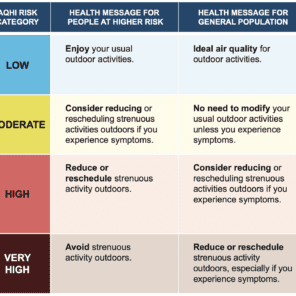Client: Canadian Nuclear Safety Commission
Listing of the client in no way affirms the client's support, sponsorship, or validation in any form of Risk Sciences International or the RSI staff member(s) who conducted this project during their stay with RSI or prior to joining the company. This case study is displayed for informative purposes only to demonstrate the capacity of RSI staff members. This case study reveals no proprietary information or information deemed sensitive.
Methodology for Developing Risk Significance Insights
The project centered on supporting the development of a methodology that could eventually be implemented as an Artificial Intelligence (AI) or Machine Learning (ML) process. The objective was to help formalize and potentially automate how professional judgment is applied when determining the risk significance of non-compliant findings within the Canadian nuclear regulatory framework. Specifically, the work aimed to capture the rationale and reasoning used by technical staff when applying risk significance rankings, particularly for findings that contribute to the annual Regulatory Oversight Report.
The requested methodology needed to identify and structure elements of professional thought processes—such as expert judgment, experience, and contextual factors—that are typically used to assess safety significance across various safety and control areas. Furthermore, the methodology was expected to facilitate more granular and consistent rankings of safety significance. It was also designed to be adaptive, improving over time as more data became available.
The deliverables were designed to lay the groundwork for a future digital solution that could support staff assessments and potentially improve internal consistency and transparency.
Experts related to this case study
More RSI Case Studies
RSI presents a very small selection of case studies to highlight some of its key work.







